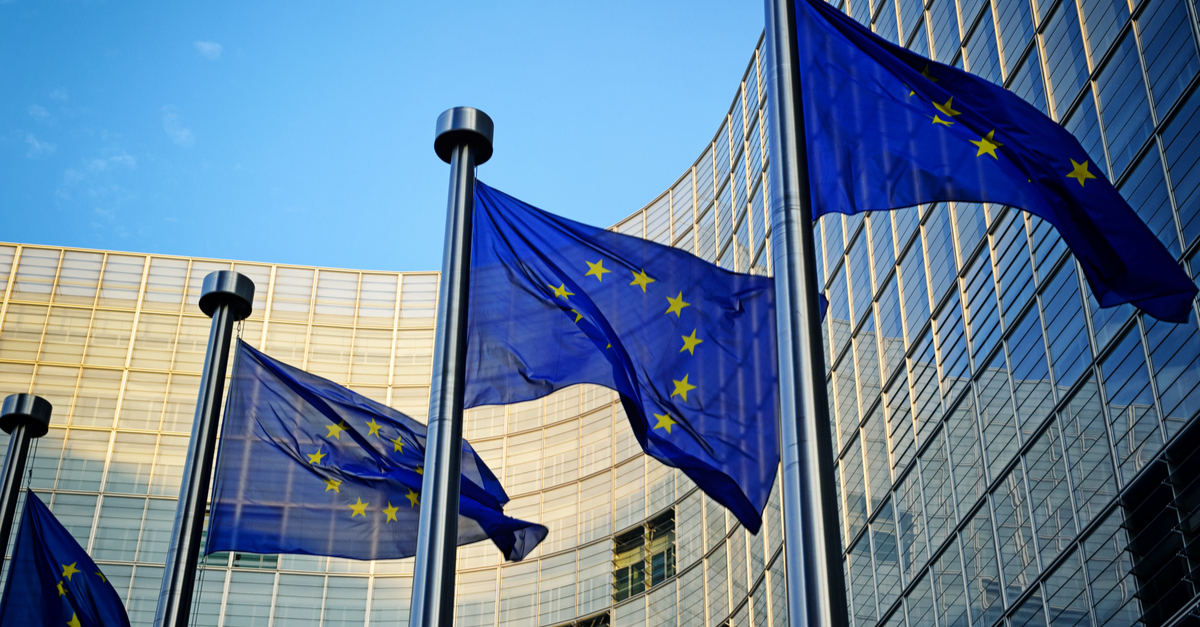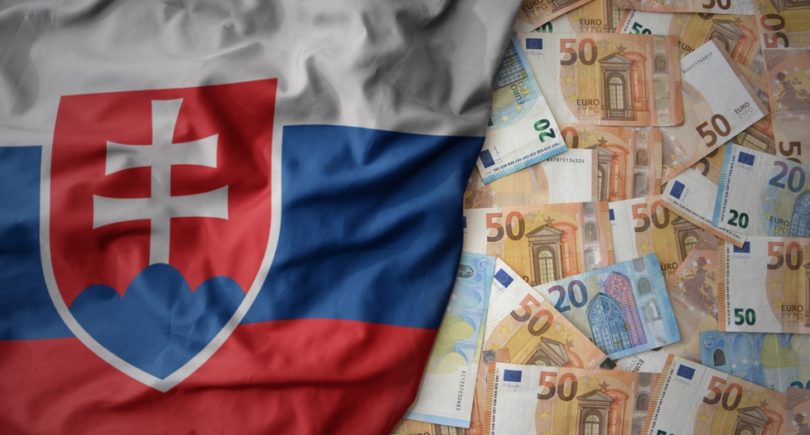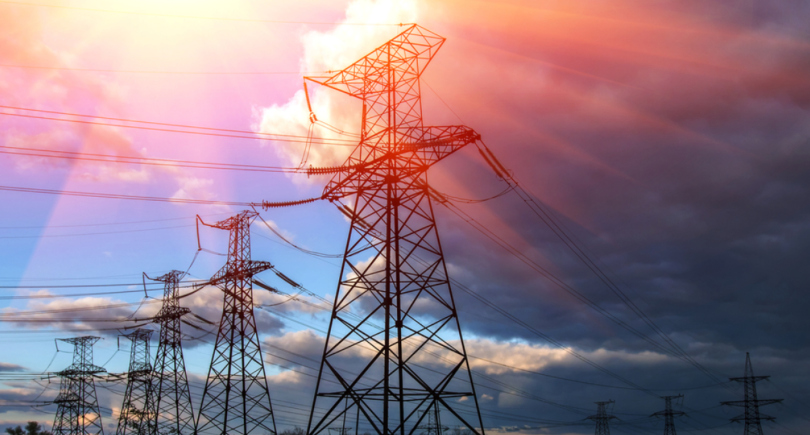
Posts Global Market EU 389 08 August 2019
The abolition of a 5-percent annual quota increase will make it more difficult for Ukrainian steelmakers to market their products in the EU.
45 European steelmaking companies, including ArcelorMittal, ThyssenKrupp and Tata Steel, requested the European Commission to review the current steel safeguard system in the EU. There is a list of seven proposals that actually tighten current safeguard measures.
The European steelmakers are supported by the European Steel Association (EUROFER). Repeated statements by a steel giant, ArcelorMittal, on reduced steel production in Europe due to a low domestic demand seem to be an additional leverage over Brussels.
What is proposed by the European steelmakers:
1. Abolishing a 5-percent annual quota increase. (The first quota increase will take place soon, on 1 July 2019.)
The European manufacturers are intensely lobbying this idea in the European Commission. Perhaps this is exactly why they made up the list of seven proposed amendments advocating the principle “ask more to get less.”
What are their arguments? The Europeans explain it by the fact that the demand for steel in the EU doesn’t grow as fast as it was envisaged in the quota management rules, i.e. 5 percent per annum. In our opinion, this argument is a bit sketchy. However, a 5-percent increase applies only to imports rather than to the total steel consumption in the EU. Imports account for 20 to 25% in the EU steel consumption structure depending on the product. Therefore, a 5-percent quota growth will increase the demand in the EU market by 1–1.25%. An increase in the steel demand of up to 1% has actually been projected in the EU.
If the current situation does not change, importers will be able to increase their supplies at a rate that corresponds to the market growth rate. It is obvious that on such conditions it will be difficult for European companies to boost sales. However, the abolition of a 5-percent indexation will enable local companies to increase their market shares.
What does it mean for Ukrainian steelmakers and other importers? The cancellation of a 5-percent quota increase will have serious consequences. It will significantly restrict their ability to increase sales in the EU. A 5-percent quota increase was the only chance to do it.
2. Introducing quarterly allocation of country-specific quotas.
At present, quotas are valid for 12 months (except for the first period that will end soon, from 2 February till 30 June). What will it mean for importers? Firstly, it will be more difficult for them to interact with buyers. European consumers will be less interested in imported products, especially at the end of the quarter, as they will run the risk of filling the quotas.
Secondly, quotas will have to be used at an even pace. While now Ukraine uses its quota for such products as plate and wire rod too slowly, after the introduction of quarterly allocation, the unused balance in the previous quarter will merely expire. It means that it won’t be possible to transfer the quota to the remaining period of the year. Why is it a problem? The thing is that the market situation is constantly changing. In a certain quarter or month, the situation may be worse as compared to the next one. The demand for products is not homogeneous either. If the quota is used at an even pace, it will be filled more in some quarters and less in other quarters.
3. Limiting the use of residual quotas by countries that have exhausted their own.
It can create serious problems for our steelmakers as Ukrainian quotas for cold rolled products and seamless pipes had been almost exhausted by 10 June. However, there are large unused balances of global quotas for these products. We could increase our exports using those quotas.
In case this principle is cancelled, we will not be able to seize this opportunity.
4. Introducing country-specific quotas for imports of hot rolled flat products.
Now the quota for hot rolled flat products is global. If country-specific quotas are introduced, the market will become segmented and competition will reduce. What does it mean for Ukraine? On the one hand, pressure on prices will reduce, on the other hand, it will be impossible to increase sales.
5. Review of category 4B (metallic coated sheets for use in automotive applications). According to European manufacturers, metallic coated sheets for non-automotive applications (4A) were imported to the EU as category 4B products.
6. Establishing a mechanism for prompt exclusion from the scope of safeguards for developing countries WTO members in case when their share in the overall imports of the product to which the safeguards apply exceeds 3%.
These two measures have little to do with Ukraine.
7. Developing a plan for introduction of import quotas after Brexit.
It means that the quotas will be reduced. The UK will be excluded from consumption volumes. The thing is how new volumes will be calculated. If a specific country’s imports to the UK are deducted from the volume of quotas, which makes sense, it will be possible to avoid adverse consequences. In other cases, there will be certain risks.
Conclusions
Trade restrictions are being increasingly tightened. Low demand for steel forces the governments to support domestic manufacturers. Some unprecedented measures have been introduced. Thus, Egypt has introduced a duty on semi-finished products (billets). As European companies expect low domestic demand, they are trying to cut imports. Well, it keeps getting worse.




